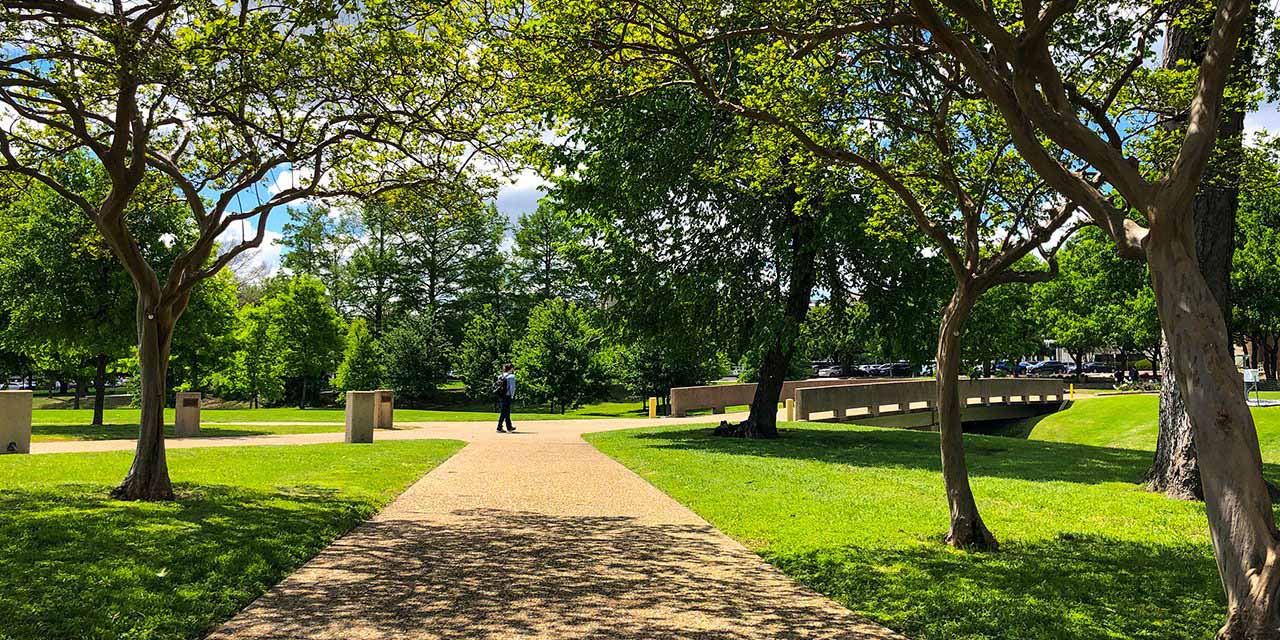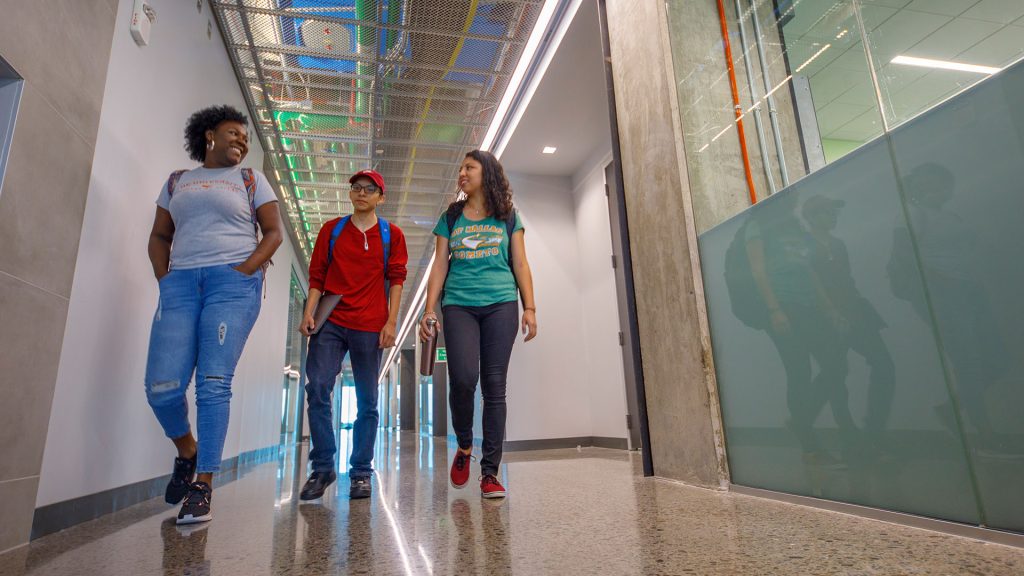
Campus Health Promotion
During public health emergencies affecting campus, this page will provide UTD-specific information and guidance for students and employees.
The health and safety of all Comets is our priority. We encourage all faculty, staff, and students to stay home if you have symptoms of contagious illness, and to seek medical attention if your symptoms are severe. Currently, standard UTD absence policies and procedures are in effect and the supplemental tracking and reporting of contagious illness incidence in our UTD campus community (COVID-19, flu, or other illnesses) is not required.
The University of Texas at Dallas promotes a holistic approach to supporting a healthy campus through health promotion — enabling people to increasingly control and improve their health. Everyone’s well-being is critical to achieving excellence in education and research. We are Comets United in our commitment to supporting healthy behaviors, protecting our campus and protecting us all.
As a UT Dallas student or employee, UTD is part of who you are. Even if you don’t see your classmates or colleagues every day, the decisions you make can impact their health, your family, your UTD community, and other communities.
Under the guidance of the vice president and chief of staff, the Office of Institutional Risk and Safety Programs (OIRSP) facilitates connection to federal, local and UTD resources for promotion of a healthy campus. Global community members are highly mobile and interconnected. It is your responsibility to learn more about total well-being, infectious diseases and health protection practices that may impact your health and the health of those around you.

Student Resources

International Travel
If you plan to travel abroad on behalf of UT Dallas, advanced travel authorization is required.

